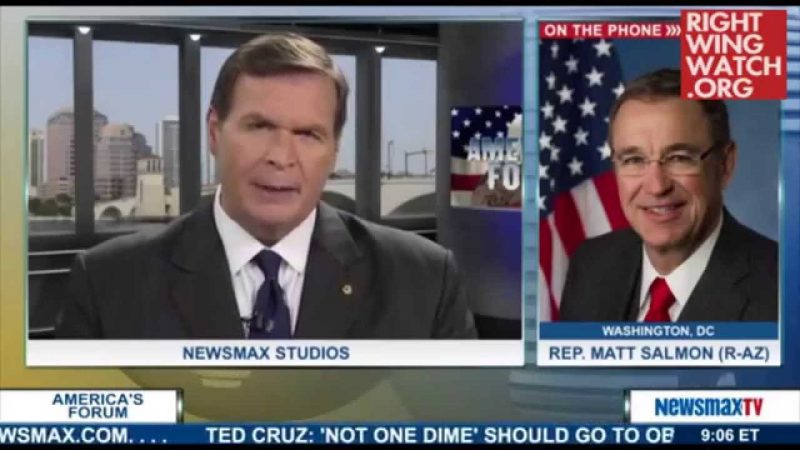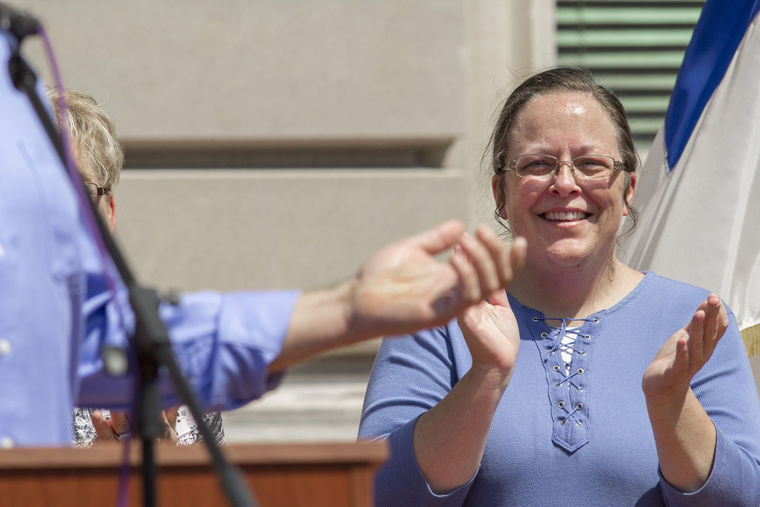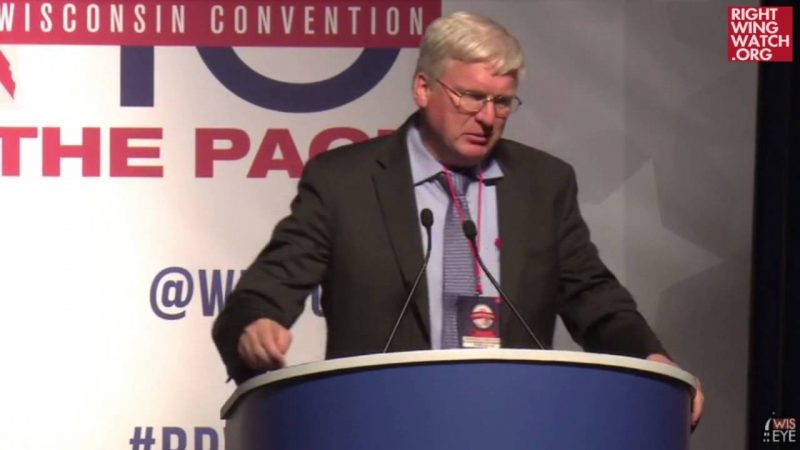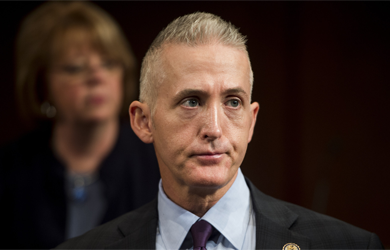In an appearance yesterday on “The Steve Malzberg Show,” Republican Rep. Blake Farenthold of Texas misrepresented the recent congressional testimony of Ret. Air Force Brigadier General Robert Lovell and the latest Benghazi “smoking gun” email.
Farenthold told Malzberg that the “smoking gun” email altered the Benghazi “talking points” against the advice of the CIA in order to help “the president’s re-election game.”
The email that Farenthold claims shows that the White House interjected a claim about anti-American demonstrations into the Benghazi “talking points” came in response to a set of CIA talking points sent nine hours earlier that already included a mention of demonstrations.
The CIA’s talking points said that the Benghazi attack was linked to the protests at the U.S. Embassy in Cairo over an anti-Islam YouTube video: “The currently available information suggests that the demonstrations in Benghazi were spontaneously inspired by the protests at the U.S. Embassy in Cairo and evolved into a direct assault against the U.S. Consulate and subsequently its annex.”
“The White House’s shifty-sounding excuse, that the ‘demonstration’ story line came not from its spin factory but from the CIA, remains surprisingly accurate,” Davie Weigel notes.
Farenthold also twisted Lovell’s testimony on the U.S. response to the attack.
“They were pleading for help in Benghazi, and I think for political considerations the answer was no,” Farenthold said of Lovell’s testimony. “We didn’t even start to send help, as an American it bothers me that we can’t respond to a situation like that.”
As for Lovell supposedly testifying that the US could have sent more assistance during the Benghazi attack, Media Matters pointed out that Lovell told Congress that it it’s “a fact” that the military couldn’t have intervened in time:
REP. JERRY CONNOLLY (D-VA): I want to read to you the conclusion of the chairman of the [Armed Services] Committee, the Republican chairman Buck McKeon, who conducted formal briefings and oversaw that report. He said, quote, “I’m pretty well satisfied that given where the troops were, how quickly the thing all happened, and how quickly it dissipated we probably couldn’t have done much more than we did.” Do you take issue with the Chairman of the Armed Services Committee? In that conclusion?
LOVELL: His conclusion that he couldn’t have done much more than they did with the capability and the way they executed it?
CONNOLLY: Given the timeframe.
LOVELL: That’s a fact.
CONNOLLY: OK.
LOVELL: The way it is right now. The way he stated it.
CONNOLLY: All right, because I’m sure you can appreciate, general, there might be some who, for various and sundry reasons would like to distort your testimony and suggest that you’re testifying that we could have, should have done a lot more than we did because we had capabilities we simply didn’t utilize. That is not your testimony? LOVELL: That is not my testimony.
CONNOLLY: I thank you very much.








